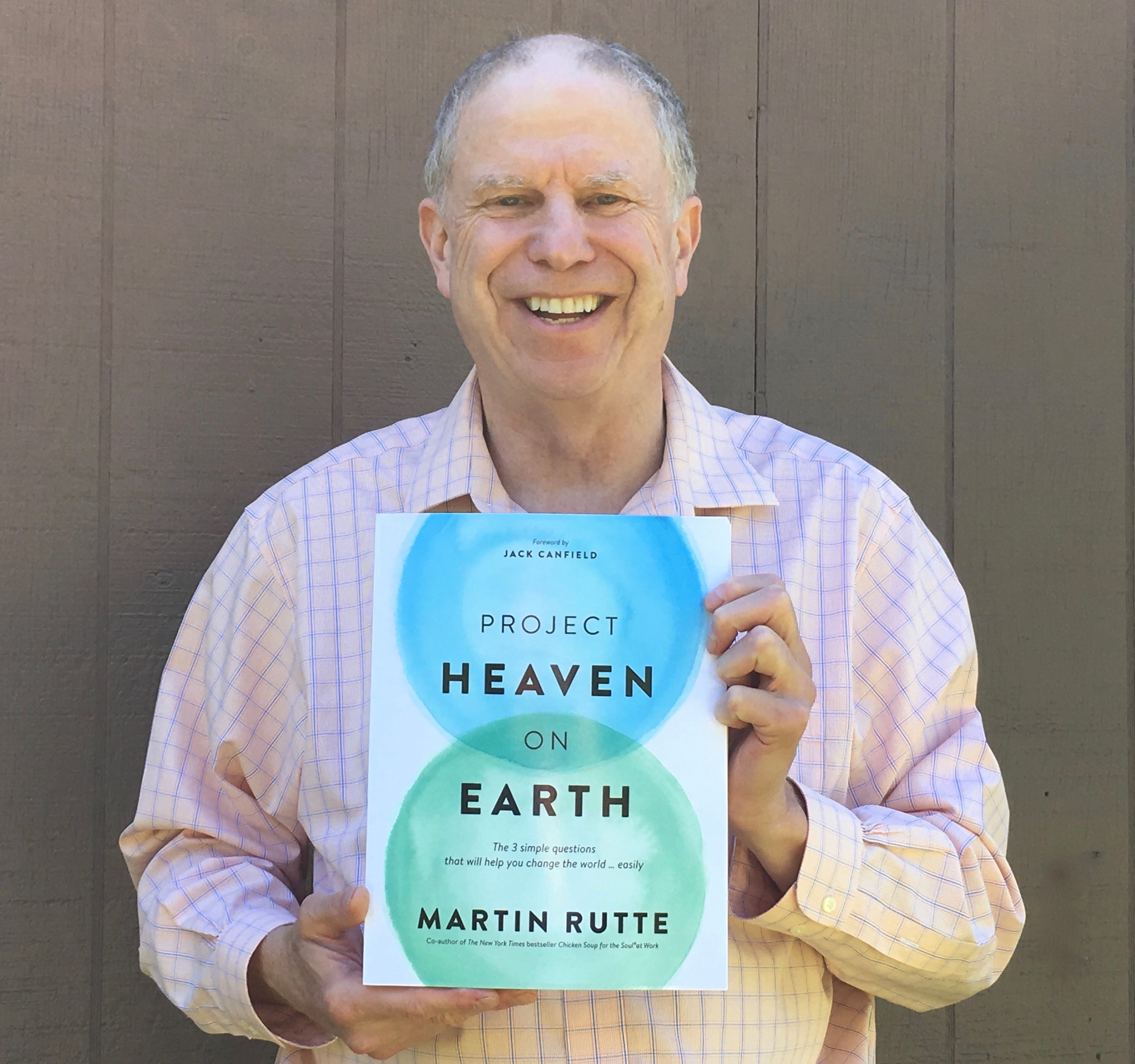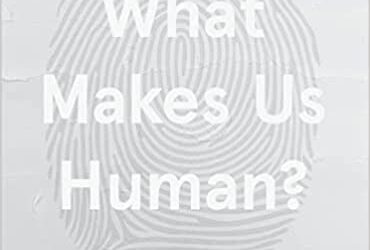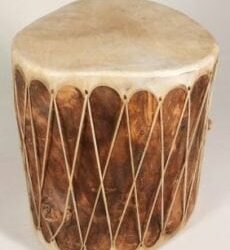Dear Heaven Maker:
Over the centuries the idea of responsibility has expanded. Originally our responsibility was to tribe, then to nation state, then to nation, and now to Humanity and the Earth.
In this article, public philosopher Roman Krznaric introduces us to the next level of responsibility….to future generations.
We do that, he says, by being a better ancestor, and taking into account the needs of future generations. He says we must take into account the rights of future generations in our planning and actions of today.
I originally heard this idea through the Canadian Broadcasting Corporation’s (CBC) radio show Ideas.
I thought it was one of the most original ideas I’d heard in a very long time. I’ve highlighted some of his most important statements in yellow.
Enjoy and be prepared to have your mind blown by a totally new arena of responsibility….our responsibility for the future.
Martin
++++++++++++++++++++++++++++++++++++++++++++++++++++++++++
Our ‘futurecestors’ deserve a voice in today’s decisions, says author
by Nahlah Ayed
From the CBC Radio (Canada) program ‘IDEAS’
Original article and broadcast, here.
Between genetic engineering, artificial intelligence, and climate change, never before has the present had such profound potential consequences for the future and its inhabitants.
It is a state of affairs that comes with an obligation to those future generations, says public philosopher Roman Krznaric— a state of affairs that arguably dates back to 1945 and the first detonation of a nuclear bomb in the U.S.
That obligation stems not only from the potential impact of such life-altering modern technology. We also have an obligation, says Krznaric, because unlike much of early history, we have a very good idea of the possible future consequences of how we live. We have an obligation “because of what we know.”
That obligation is one potential starting point in the creation of a new “imagined community” with future citizens — an act Krznaric advocates in his new book titled The Good Ancestor.
In short — as the book’s subtitle says — it’s all about thinking long term in a short-term world.
“Imagine the age of the earth as the distance from your nose to the tip of your outstretched hands. One stroke of a nail file erases human history,” he said in a nod to renowned science and environmental writer John McPhee.
“We are just this brief moment… who are we to break the great chain of life with our deadly technologies and our ecological destructiveness? What right do we have to do that?”
Take the long view
In the interest of becoming better ancestors, Krznaric calls on us to expand our time horizon to focus on the long view, and in doing so, expand our sense of community to include future generations. In doing so, he is in part drawing on an Indigenous tradition — known among Haudenosaunee as the Seventh Generation Principle — that promotes sustainable action by considering the interests of future generations in every present-day decision.
He maintains that despite the hyper individualist era we live in now, we are wired, as humans, to take the long view. Past examples include London’s Victorian sewers, and Gonabad, Iran’s 2,500 year old water tunnels — both, thanks to their design, are still in use today.
As Krznaric points out in the book, talk of the future today is always around us, in politics, and certainly in pop culture—as far back as H.G. Wells and his book The Time Machine.
What Krznaric is trying to do is give the discussion about the future a language, an address and a face: introducing us to all the people already working to formalize the practice of thinking long term for the common good, benefiting both present and future generations.
In that list he includes people like Wangari Maathai, who was a Kenyan activist and the first African woman to win the Nobel peace prize in 2004 for her efforts to empower women, and the planting of millions of trees. Her work on both fronts continues today.
In the cultural realm, he points to the Future Library project, which is collecting one unpublished book a year for 100 years, then publish them in 2114. The very first contributor was Margaret Atwood, who has already submitted her manuscript.
Also notable is the growing practice of using citizen assemblies to make government decisions and the appointment of future generations ministers, as they have in Wales. There is also the ongoing legal battle against the U.S. government claiming the right to a clean atmosphere for young people and future generations. That challenge has inspired more than 20 other legal cases around the world.
Krznaric sees it all as a rights movement for future generations that is “one of the most important shifts in the history of rights since the French revolution.”
Challenging prejudice
So how to become better ancestors?
In an interview with CBC IDEAS, Krznaric suggests society should think 100 years ahead — about the length of a long human lifetime. Society must also be deliberate about what we leave behind: not only in terms of technology and infrastructure and the state of the planet, but also in terms of attitudes.
“If we want to be good ancestors, we need to challenge those prejudices and those racist attitudes which are written into institutions in everyday culture,” he said.
“The issue of race, I think, is one of the windows into, in a way, expanding our time horizons.”
All of it requires the reinvention of the meaning of legacy: one that is less focused on our own selves, or immediate offspring, and more seized with humanity as a whole.
Krznaric says that could mean everything from doing our bit for the environment, to more esoteric acts like “chalking the white horse”: an annual gathering of volunteers, including Krznaric, who work to renew the look of a gigantic white horse, dated to the Bronze age, carved into a hillside just outside of Oxford, U.K.
“And this is about maintenance. And I think a lot of long-term thinking is about maintenance… I think these cultural artefacts, which connect us with a deep past, but also with a long future, are the ones which in a way give us the habit of being good ancestors.”
But can we export empathy and apply justice across generations when both are in short supply among people today? And, how do we find common cause with people we don’t know?
Krznaric believes it’s possible to build a sense of community with future generations the same way we do it in real time: with education, religion, and through other cultural products like music, art, literature.
“I think that at least for the next few hundred years, people of the future are going to be pretty similar to us in the sense that they are going to fall in love and have families and get anxious and worry about their purpose… And those are the things which enable us to extend our moral circle towards them because they are kind of like us. And we know what they need.”
“There’s one thing that all people will need, which is air to breathe,” he added. In caring for the planet, he says, “we will be doing something for our future generations. We will be taking care of the place that will take care of our offspring. No matter how many there are, no matter who they are.”
Please share this blog with one or two people.

 Martin Rutte
Martin Rutte




